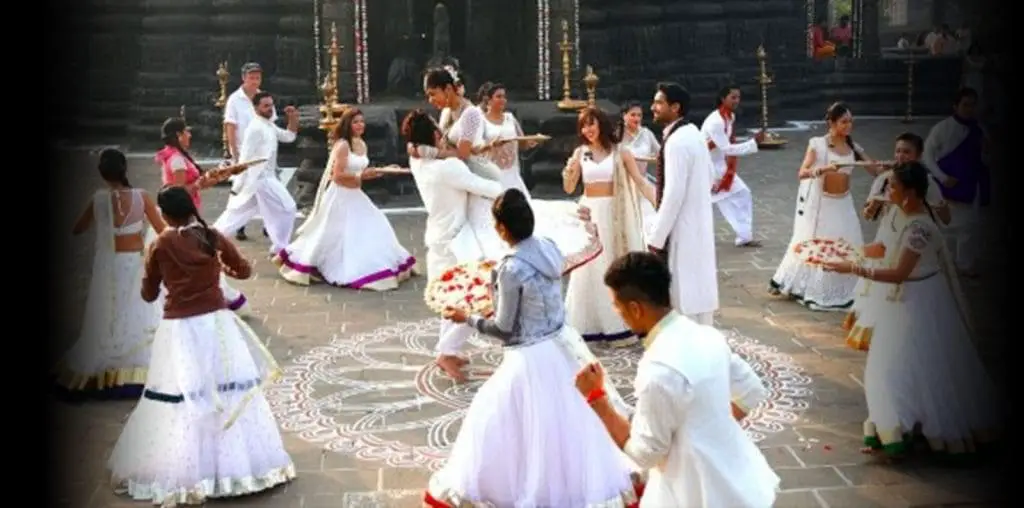
“Broadway: The Golden Age” is a well-intended but hopelessly ill-focused documentary which wants to be the “That’s Entertainment!” for the New York theater but seems like a hodgepodge of anecdotes, factoids and moldy memories from more than 100 actors, writers and composers. Spanning a considerable amount of time (from the late 1930s through the mid-1960s, with a brief peek into the early 1970s), the film doesn’t know where to center its attention and ultimately leaves the audience lost and confused.
Part of “Broadway: The Golden Age” is a celebration of the great talents who worked on Broadway. There are loving tributes to Broadway icons Laurette Taylor and Kim Stanley and some notable rarities such as an audio recording of the 1947 production of “A Streetcar Named Desire” with Marlon Brando and Jessica Tandy and a 1960 TV promotional film on the production of “Camelot” in which Richard Burton confides to the camera about he envies Robert Goulet’s singing!
But then the film gets clogged up with hoary stories which are too familiar to anyone with even a vague passing knowledge of Broadway lore: how Shirley MacLaine was spotted as an understudy in “The Pajama Game” and was immediately signed to a Hollywood contract, the struggle that Angela Lansbury underwent to get cast in “Mame,” the shocked audience reaction on opening night to “West Side Story,” etc.
And then there are seemingly endless stories of various actors regarding their struggles on the way to stardom. Most of the stars here don’t seem to have struggled too badly and nearly all of those featured here quickly abandoned the theater for movies and television once the opportunity for Hollywood stardom arose. The film never bothers to ask these stars why they either never returned to the stage or only came back late in their careers when their Hollywood drawing power faded.
Even worse is the weird lack of balance here. Broadway legends such as Mary Martin, Ethel Merman, Helen Hayes and Tennessee Williams are mentioned in passing while Arthur Miller, Zero Mostel, Luther Adler, Edward Albee and Barbra Streisand are not mentioned at all. And except for a brief tribute Ethel Waters, there is no mention whatsoever about the African-American experience on Broadway, either in groundbreaking works like “A Raisin in the Sun” or “Purlie Victorious” in the brilliance of performers like Pearl Bailey, Eartha Kitt or Canada Lee. Strangely, the film never mentions how Broadway, unlike Hollywood, refused to buckle down to the miserable persecution of artists during the McCarthy blacklisting period.
To the film’s credit, however, there is an astonishing number of legendary names who appear on camera. Most of them barely show up for a minute or two, but the cast listing is still quite remarkable: Broadway royalty including Stephen Sondheim, Hume Cronyn, Carol Channing, Chita Rivera, Celeste Holm, Uta Hagen, Julie Harris, Elaine Stritch, Arthur Laurents, Maureen Stapleton, Nanette Fabray, Elizabeth Ashley and Gwen Verdon, Broadway-to-Hollywood stars including Shirley McLaine, Ann Miller, Fay Wray, Carol Burnett, Bea Arthur, Kim Hunter, Hal Linden, Jerry Orbach, Edie Adams, Gena Rowlands, Patricia Neal, and Eva Marie Saint, and even some British stage deities including Diana Rigg, Jeremy Irons and Derek Jacobi. Alec Baldwin shows up, for no clear reason, and Rex Reed is the sole critic to appear on camera.
Anyone who lives and breathes Broadway will get a kick out of this film. Everyone else, especially those who’ve never attended a Broadway show, will be a bit bored and confused by the subject but will nonetheless enjoy the spot-the-star element of the film.
